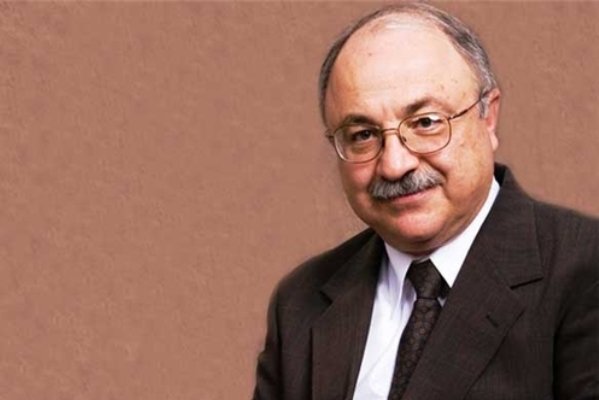Lack of foresight has led to spread of terror in Europe: American professor

TEHRAN – A professor of political science says “lack of foresight” on the part of Europe has led to the spread of terrorism in the continent.
“Lack of foresight and lax security measures have indeed led to the spreading of the scourge of terrorism in today's Europe,” Nader Entessar from South Alabama University tells the Tehran Times.
Following is the text of the interview:
Q: Some view certain European countries’ foreign policy as the main contributing factor to terrorist activities in Europe. What is your assessment of such a view?
A: Terrorism has many root causes and does not lend itself to a single-factor explanation. For some, foreign policy may be a contributing or triggering variable in committing terrorist acts, while for others other extenuating factors may play a role. Also, the funding for Salafi and Wahhabi groups and religious entities over the past few years (primarily by Saudi Arabia and its allies) throughout Europe has contributed to the rise of terrorist extremist.
Q: According to credible reports, some of the terrorists fighting in Syria have now returned to Europe and are committing acts of terror. Don’t you think that Europe has been negligent toward such a serious threat?
A: Yes, this is indeed a major problem. Unfortunately, many European countries did not take this issue as seriously as they should have, and they realized the enormity of the problem too late. Lack of foresight and lax security measures have indeed led to the spreading of the scourge of terrorism in today's Europe.
American professor says, “The funding for Salafi and Wahhabi groups and religious entities over the past few years (primarily by Saudi Arabia and its allies) throughout Europe has contributed to the rise of terrorist extremist.” Q: What are the main reasons behind the repeated terrorist activities in Europe in the recent weeks?
A: In recent weeks, Daesh (ISIS) has suffered battlefield defeats in Iraq and Syria. As a result, it has increased its terrorist operations against soft targets, including those in Europe, to keep itself relevant in the eyes of its supporters and potential recruits. It has also increased its cyberspace activities to encourage "lone wolf" operatives that may be sympathetic to its objectives or be easily swayed to carry out terrorist activities in Europe.
The returning Daesh fighters from the Middle East to Europe have created pockets of extremism to carry out their terroristic activities in Europe now. But we also have to remember that 85 to 90 percent of the victims of Salafi and Wahhabi terrorism are still in the Middle East and South Asia.
Leave a Comment